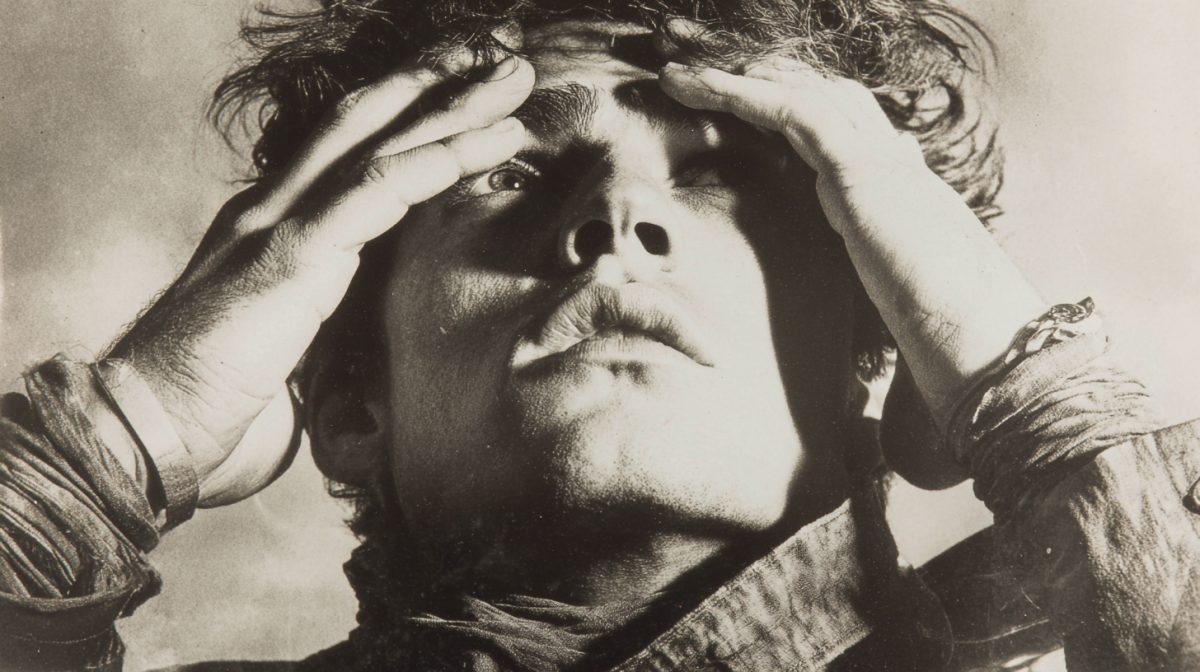What is Depression?
Depression is a serious mental health condition characterized by persistent feelings of sadness, hopelessness, and loss of interest in activities that were once enjoyable. It goes beyond temporary feelings of sadness and can significantly impact daily functioning, relationships, and quality of life.
Why Understanding Depression is Important
Depression affects millions of people worldwide and is one of the leading causes of disability. Recognizing the signs and understanding treatment options is crucial for recovery and maintaining mental wellness. With proper support and treatment, depression is highly treatable.
Common Signs and Symptoms
- Persistent sad, empty, or hopeless feelings
- Loss of interest or pleasure in activities
- Changes in appetite or weight
- Sleep disturbances (insomnia or oversleeping)
- Fatigue or loss of energy
- Difficulty concentrating or making decisions
- Feelings of worthlessness or guilt
- Thoughts of death or suicide
Treatment and Support
Effective treatments include psychotherapy (such as cognitive-behavioral therapy), medication, lifestyle changes, and social support. Many people benefit from a combination of approaches. It's important to work with mental health professionals to develop an individualized treatment plan.
Depression is not a sign of weakness, and seeking help is a sign of strength and self-care.


